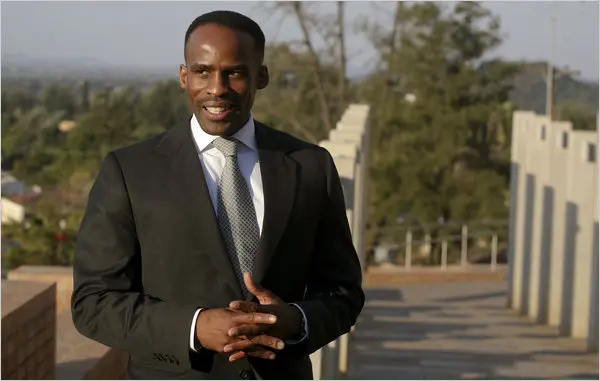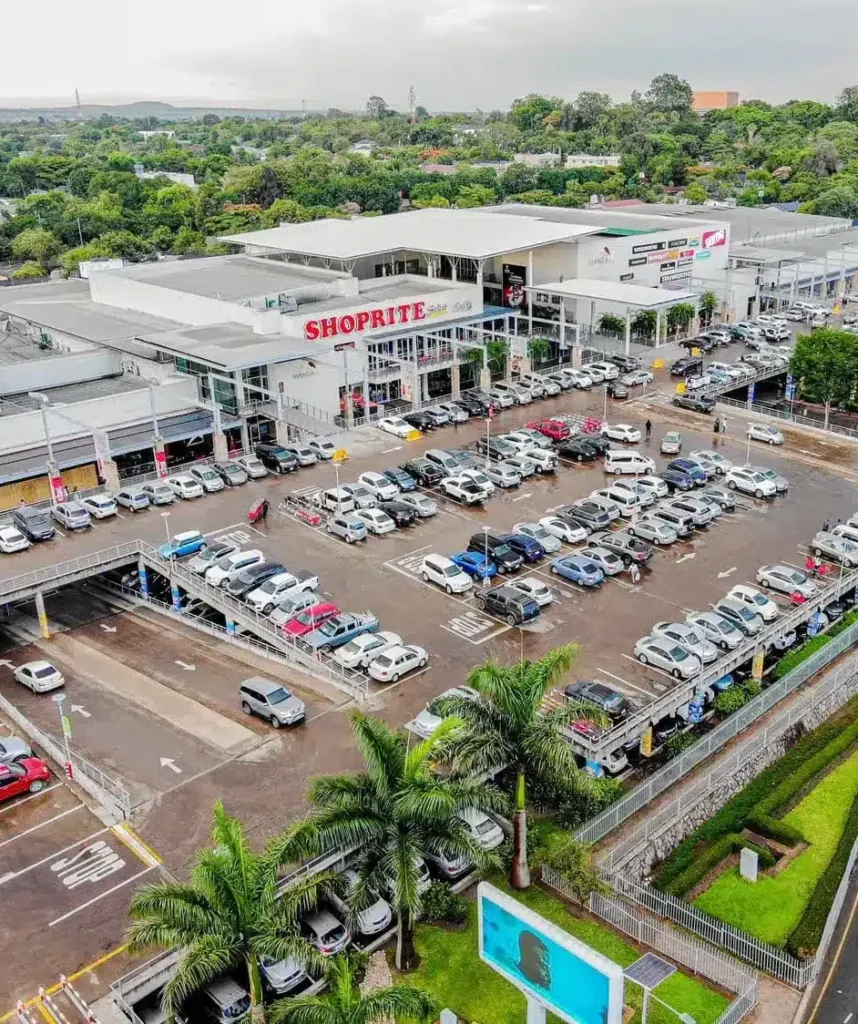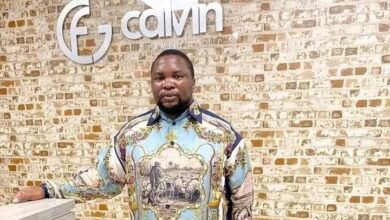How the Royal Bafokeng Nation Built a Sustainable Investment Empire

How the Royal Bafokeng Nation Built a Sustainable Investment Empire. From mineral-rich lands to a multi-billion-rand investment portfolio, the Royal Bafokeng Nation (RBN) has transformed itself into one of South Africa’s most strategic and forward-thinking communities. While many traditional leadership structures struggled to leverage their resources, the RBN built a thriving model rooted in long-term investment, professional management, and inclusive economic growth. This is a story of vision, structure, and sustainability and it carries powerful lessons for any entrepreneur.
From Royalty to Revenue: The Strategic Birth of Royal Bafokeng Holdings
The RBN’s modern business journey formally began with the establishment of Royal Bafokeng Holdings (RBH) in 2006. The goal was clear: to professionally manage and diversify the wealth generated from the Nation’s royalties in platinum mining. Instead of allowing wealth to trickle away, the Nation created a holding company guided by seasoned executives and investment professionals.
RBH shifted from being solely dependent on mining revenue to building a well-balanced portfolio. With equity in major South African companies like Dis-Chem and infrastructure plays such as Lango Real Estate, RBH aimed to de-risk the Nation’s income stream. This early recognition of the importance of diversification is a foundational strategy that any entrepreneur should note: build resilience through smart portfolio design.

Navigating Challenges: From Resource Dependence to Diversified Wealth
One of the biggest turning points came when platinum prices declined and the inherent volatility of resource dependency became apparent. Instead of panic, RBH acted. They accelerated their diversification efforts, reduced overexposure to mining, and entered sectors like telecoms, real estate, and financial services.
This phase underscores a key lesson: successful ventures anticipate market volatility and act early. Strategic agility, not reactive maneuvering, makes a business future-proof.
Empowering Villages: Building an Entrepreneurial Ecosystem
The Royal Bafokeng Enterprise Development (RBED) initiative is perhaps one of the most impactful examples of local economic stimulation. Recognising that sustainable development must touch every layer of society, RBED provides support to local entrepreneurs through training, incubation, and mentorship.
What sets RBED apart is its tailored approach, focusing not just on high-growth businesses but also on village-level enterprises with community value. This initiative teaches a critical entrepreneurial insight: don’t just scale vertically, grow horizontally by empowering your ecosystem.

Strategic Infrastructure: Laying Foundations for Legacy
Infrastructure has been another pillar of RBN’s economic vision. From the Royal Bafokeng Sports Palace (host to the 2010 FIFA World Cup) to educational investments via the Royal Bafokeng Institute, the community has used physical and intellectual capital to shape long-term value.
Entrepreneurs can learn here that infrastructure isn’t just concrete and steel. It’s about building credibility, increasing access, and fostering talent pipelines. Sustainable businesses often grow out of robust foundational investments.
Innovation and Adaptation: Royal Ventures Capital Management
In 2020, the RBN launched Royal Ventures Capital Management to venture into early-stage and growth-stage investments. This move indicated a pivot toward innovation, technology, and scalable ventures. It shows the importance of evolving your investment thesis with changing times.
This shift was also about creating high-impact investment opportunities beyond legacy industries. For entrepreneurs, it’s a reminder to stay ahead of trends, adapt your strategy, and remain open to new asset classes or business models.

Lessons for Entrepreneurs
The Royal Bafokeng Nation’s journey offers concrete, applicable lessons:
- Institutionalise Early: Formal structures like RBH helped remove politics from daily business operations. Even small businesses benefit from establishing governance structures.
- Diversify Thoughtfully: Avoid overreliance on one revenue stream. Explore adjacent sectors where your core strengths can be leveraged.
- Invest in People: Through RBED and education, the RBN shows that building human capital is as critical as financial capital.
- Build to Last: Focus on sustainable impact over short-term gains.
- Anticipate Change: Don’t wait for a crisis to pivot. Watch the markets and lead the shift.
The Royal Bafokeng Nation didn’t stumble into success. It was engineered through foresight, professionalism, and an unwavering commitment to community advancement. Their legacy is not just wealth, but a replicable model for turning natural resources into lasting opportunity.





